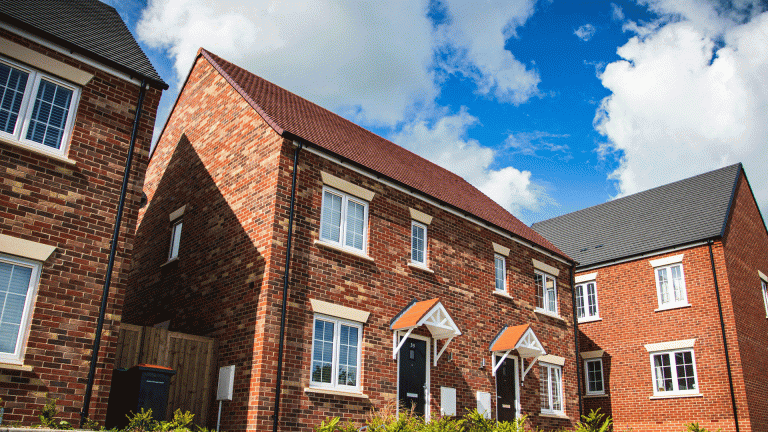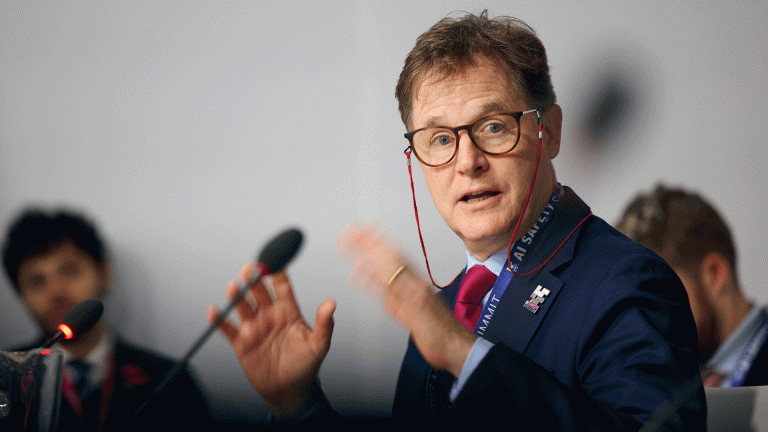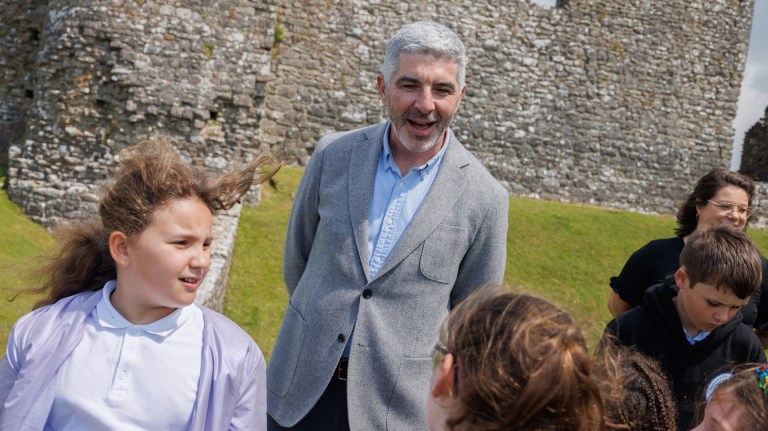A few days before Theresa May announced her snap election to give herself a mandate I was in a theme park called Victorian Town. Not the usual series of exhibits and rides but where you start at Lloyds Bank; there we turned our £10 into two shilling and tuppence in old money. You pay a few pennies for a ride on a horse, a ploughman’s lunch, or a printed newspaper etc. The small money goes a long way and is in itself a brilliant way of educating children into the change that has hit the world of money in just over 100 years.
So in these few days before May’s announcement I could forget contemporary Britain down at the enormously meaningful working museum world around Ironbridge and Telford, with us staying in an old mill in Coalport, converted to a YHA youth hostel.
The tour starts with going into a vast room that sets the scene of the working conditions of the days of the Industrial Revolution. It was deafening. The sound of the flattening machine that pounded the red hot rods of iron was rhythmic but overbearing. And a film recreating the life in a furnace and factory was overwhelming.
This was the life of our forefathers when you worked until exhausted, for six days a week
Men rushed with the long hot rods forward to the pressing machine and it took such energy; mixed with the heat and the noise it almost caused me to cry out. This was the life of our forefathers when you worked until exhausted, and then slept deathly and carried on the next day; possibly for six days a week.
I could have cried, so painfully had they caught the suffering through labour. I had worked in factories with foundries and remembered the earth-shattering sound of the steel guillotine and the presser. But this image was even more painful.
We walked out to go to the bank to begin the trip. I could not put out of my mind the violent energy it took to make the past happen. And how out of that grew our now rusted, broken, industrial past, replaced by different kinds of work.









